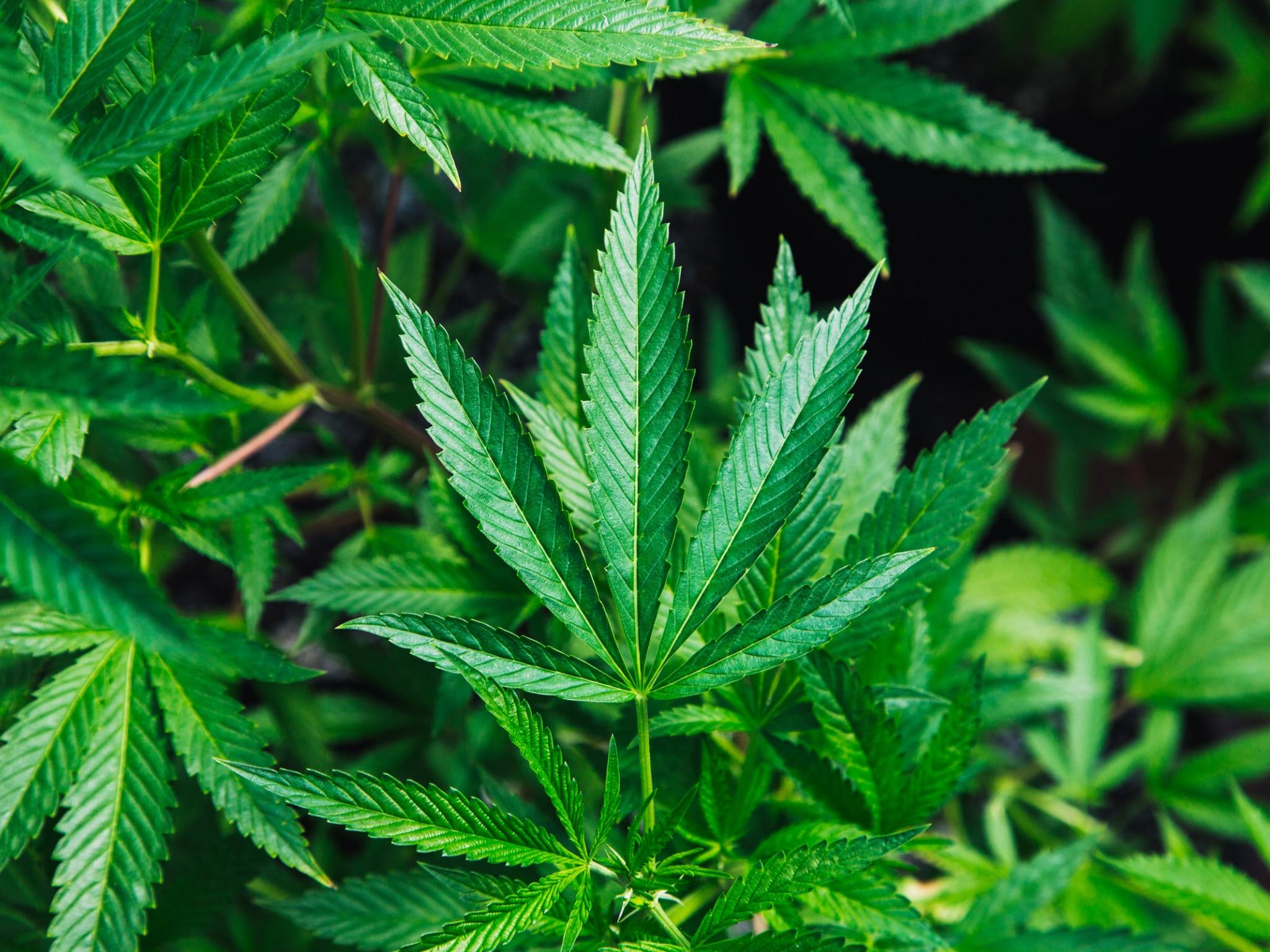
The American Medical Association (AMA) has adopted a policy of supporting the expungement of criminal records for people arrested or convicted of cannabis-related offenses in states where marijuana is legal or decriminalized.
“This affects young people aspiring to careers in medicine as well as many others who are denied housing, education, loans, and job opportunities. It simply isn’t fair to ruin a life based on actions that result in convictions but are subsequently legalized or decriminalized,” said AMA Trustee Scott Ferguson, M.D. “Expungement is no panacea. It can be a lengthy and expensive process. Automatic expungement would relieve people of having to figure out and pay for the bureaucratic steps necessary for sealing a criminal record.”
Fairness and Social Equity On The Marijuana Legalization Path
Cannabis legalization is moving forward on what is not always a level playing fair hence the AMA's policy to introduce social equity starting with expungement for those who are still saddled with the baggage associated with a criminal record.
The AMA also supports health care access. If a record is expunged or sealed, that may not address the punitive collateral consequences of the arrest or conviction such as qualification for public health benefits.
This new AMA policy calls for ending parole, probation and similar supervision because of a cannabis-related offense that is later legalized or decriminalized by a state.
Data show inequitable effects on marginalized and minoritized populations. Black Americans are more likely to be arrested and prosecuted over cannabis than others. Expungement efforts aim to mitigate past harms in the legal system. More than 20 states have passed laws to expunge or seal records.
To determine the impact of disclosure of a cannabis-related offense on a medical school, residency, or licensing application, the AMA will discuss expungement with relevant medical education and licensing authorities such as the Association of American Medical Colleges, Accreditation Council for Graduate Medical Education, and Federation of State Medical Boards.
However, the AMA continues to oppose marijuana legalization, contending that it is associated with increased traffic fatalities, exposures reported to poison control, emergency department visits and cannabis-related hospitalizations.
Photo: Courtesy of Rick Proctor On Unsplash







